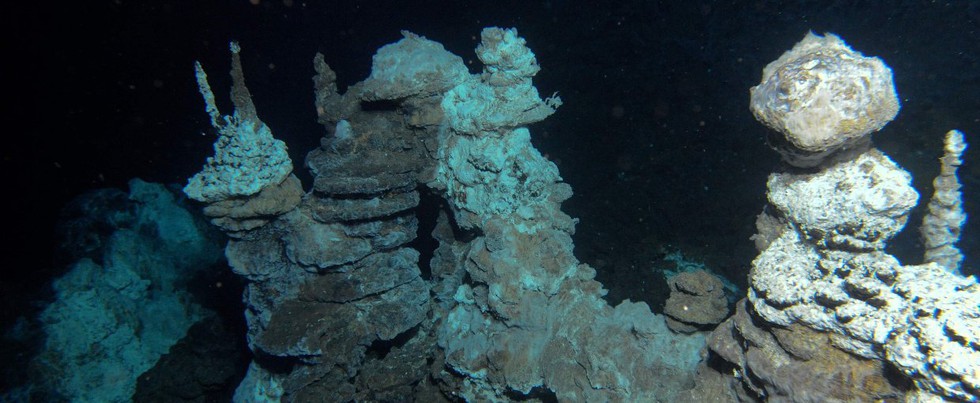
About LUCA:
Recently, the Supreme Court observed ...
In a new study, scientists have said ...
The Indian government has begun to au...
Rwanda's President Paul Kagame has sm...
Researchers from the Botanical Survey...
Recently, Gaia spacecraft has faced a...
The Government's ambitious Khelo Indi...
Recently, Ivory Coast joined the Unit...
Recently, the Assam government asked ...
Recently, the National Film Developme...